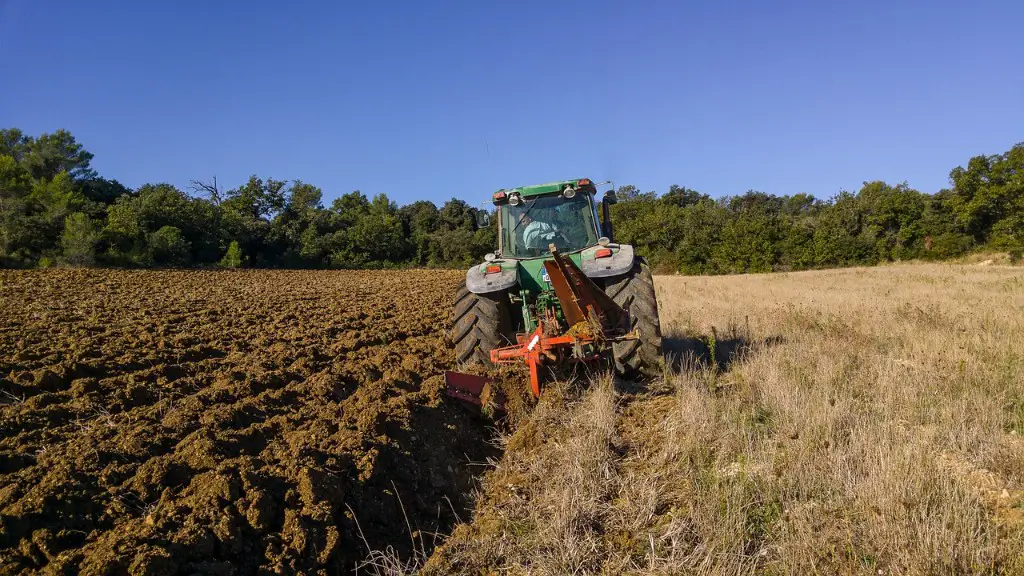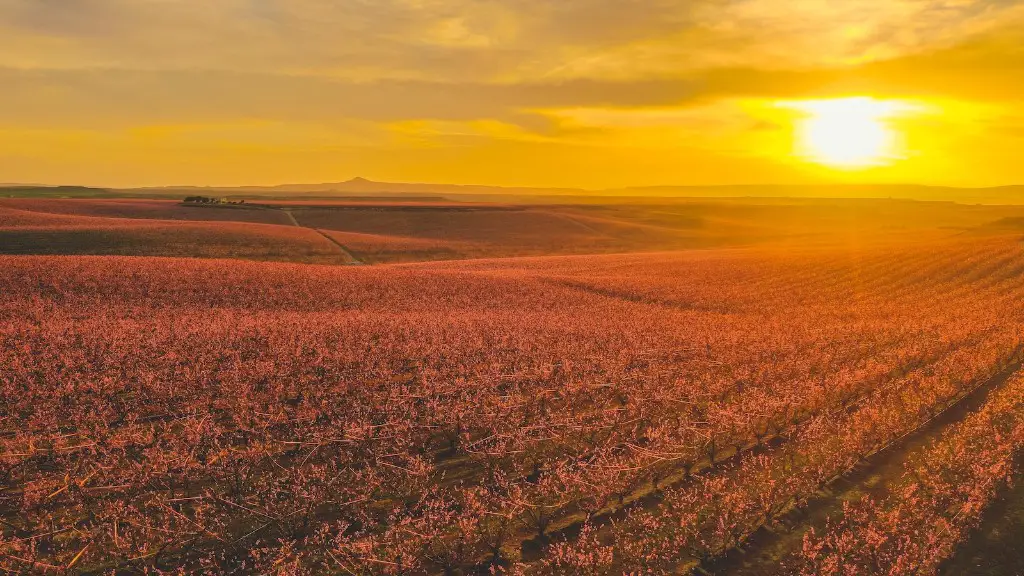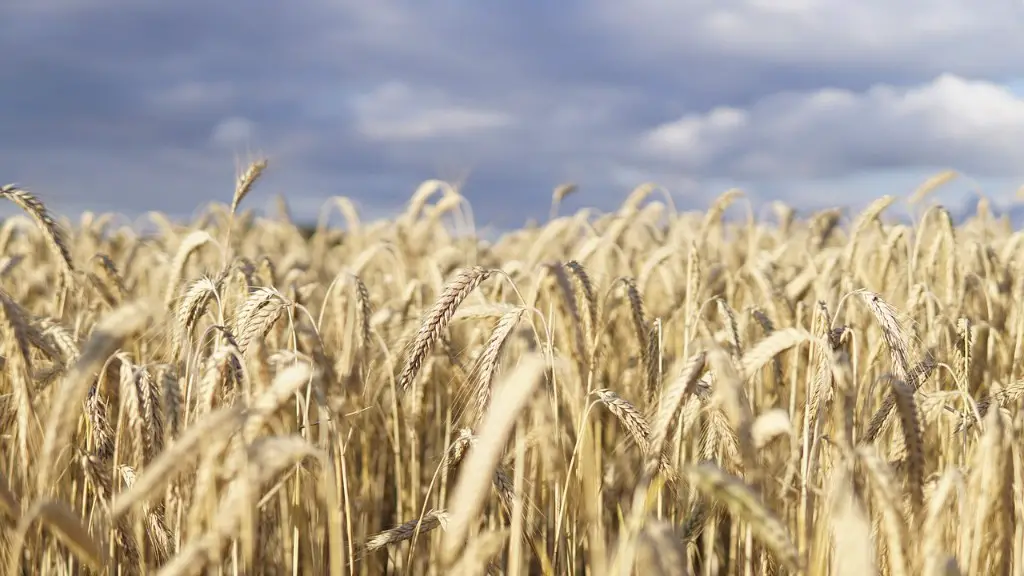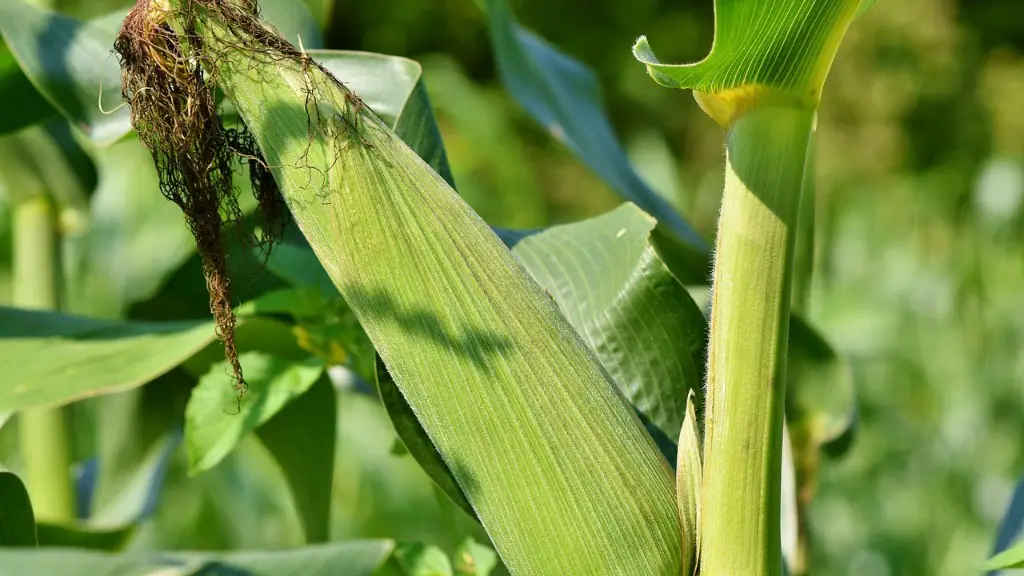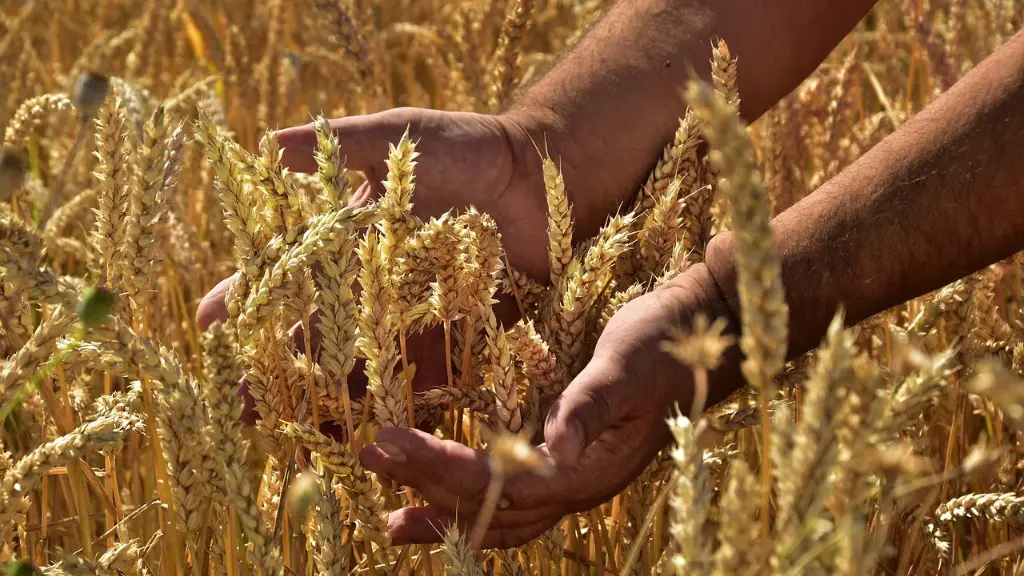In the United States, agriculture is responsible for producing the food we consume on a daily basis. Farmers grow crops and raise livestock that provide us with the nutrients we need to survive. Agriculture also plays a role in the economy, providing jobs for millions of Americans.
Weather patterns, pests, and disease can all affect the agriculture industry, which in turn can affect the prices of food and the availability of certain products. droughts, for example, can lead to crop failures, which can cause a decrease in the supply of food and an increase in prices. Agricultural advances, such as new methods of irrigation, can help reduce the impact of weather-related disasters.
Agriculture affects your life in many ways. The food you eat, the clothes you wear, and the cosmetics you use all come from agricultural products. Agriculture also provides the raw materials for many industries, such as textile, leather, and paper.
How did agriculture impact us?
The agricultural sector is a major contributor to the US economy, accounting for around 54% of GDP in 2021. The sector is made up of a number of industries, including farming, food production, and related services.
The output of America’s farms alone accounted for $1647 billion of the total $1264 trillion GDP, making up around 07% of the economy. Agriculture is thus a vital part of the US economy, and its continued success is essential for the country’s prosperity.
Soil fertility loss: Agricultural practices can lead to soil fertility loss through nutrient depletion, soil erosion and soil organic matter loss.
Eutrophication of water bodies: Agricultural activities can lead to eutrophication of water bodies through the release of nutrients such as nitrogen and phosphorus.
Deforestation: Agricultural expansion can lead to deforestation as land is cleared for crops or pasture.
Climate change: Agriculture can contribute to climate change through greenhouse gas emissions from farming activities and land use change.
Pesticide pollution: Pesticides used in agriculture can pollute the environment and pose risks to human health.
Why is agriculture important to me
Agriculture is essential to human life. It provides food, clothing, and shelter. It helps people to enjoy a higher quality of life. Agriculture is a vital part of the economy and provides jobs for millions of people.
While the development of agriculture can have positive effects on the natural life, oxygen production and climate in a region, it can also lead to negative effects such as inorganic nitrate pollution, pesticide pollution and salinity problems. These problems are especially prevalent in regions where agriculture is conducted on a large scale and in an intensive manner. To minimize the negative effects of agriculture on the environment, it is important to adopt sustainable practices that minimize the use of harmful chemicals and maximize the use of natural resources.
What are 3 reasons why agriculture is important?
Agriculture is one of the most important sectors of any economy. It is the main source of raw materials for industries, the main driver of economic growth, and a key contributor to a country’s development.
There are many reasons why agriculture is important. Here are 10 of the most important ones:
1. It’s the main source of raw materials: Agriculture is the main source of raw materials for many industries, such as the textile and food industries.
2. It’s important to international trade: Agriculture is a key sector in international trade. It is one of the most traded commodities in the world.
3. It plays a big role in a nation’s revenue: Agriculture is a major contributor to a country’s GDP and tax revenue.
4. It provides employment: Agriculture is a major source of employment, especially in developing countries.
5. It’s crucial to a country’s development: Agriculture is essential for a country’s development. It is a key driver of economic growth and poverty reduction.
6. It can help heal the environment: Agricultural practices can help heal the environment. For example, organic agriculture can help reduce pollution and improve soil health.
7.
The use of synthetic fertilizers and pesticides has a negative impact on water quality. These products deplete soil health and require intensive use of fossil fuels to produce. This affects both urban and rural communities.
What type of impact does agriculture have?
There is no denying that agriculture is the leading source of pollution in many countries. Pesticides, fertilizers, and other toxic farm chemicals can poison fresh water, marine ecosystems, air, and soil. They can also remain in the environment for generations, causing untold damage to human health and the environment. It is time for all countries to take measures to reduce the use of these harmful chemicals and promote sustainable agricultural practices.
Farmers are under pressure as climate change, soil erosion, and biodiversity loss take their toll. Additionally, consumers are changing their food preferences and becoming more concerned about how food is produced. These circumstances make it difficult for farmers to keep up with demand.
How can you apply agriculture in your daily life
1. Agriculture affects your daily life through the food you eat. The plants and animals that we get our food from are all products of agriculture.
2. Agriculture is also responsible for the fuel you use. Biofuels like ethanol and biodiesel are made from crops like corn and soybeans.
3. The clothes you wear are also affected by agriculture. Cotton, wool, and leather are all products of the agricultural industry.
4. Agriculture affects your daily life in less obvious ways too. The sports you watch, the economic stability of your country, and the personal care products you use are all influenced by agriculture.
5. In short, agriculture is a vital part of our daily lives, even if we don’t realize it. It’s important to be mindful of how agriculture affects us so that we can make informed decisions about the food we eat, the clothes we wear, and the products we use.
Agriculture is a vital part of human survival. It provides us with the most basic of things like food, jobs, and clothing. Agriculture gives both humans and animals land and shelter. The US is a major producer of all agricultural products and has almost anything you can think of that has to do with agriculture.
What are the positive and negative effects of agriculture?
Agriculture provides sustenance for the people of the world. It also sustains the economy by providing jobs and producing food for the people. Agriculture also sustains the ecosystem by providing food and shelter for the animals. However, poor land allotment can accelerate habitat loss and wipe out biodiversity.
Farm and ranch families only make up a small amount of the population in the United States, but they have been able to increase corn production significantly. Despite this, the majority of money that Americans spend on food still goes towards eating out.
What is the biggest problems in agriculture
some of the hindrances in the way of farmers getting fair price for their produce
The expansion of agriculture has caused massive losses in biodiversity around the world. Natural habitats have been converted to farms and pastures, and pesticides and fertilizers have polluted the environment. Soils have been degraded, and water resources have been depleted. All of these factors have contributed to the loss of biodiversity.
Why do we love agriculture?
Agriculture has always been an important part of human life and it will continue to be so in the future. It is estimated that the world population will reach 9.7 billion by 2050 and agriculture will need to produce more food to meet the demand. In addition, agriculture can help reduce poverty by providing employment opportunities and income. According to the World Bank, agricultural growth is two to four times more effective in reducing poverty than any other sector. This is because agricultural growth leads to increased incomes and improved food security, which in turn reduces poverty. Thus, it is clear that agriculture is more effective than other factors in reducing poverty.
Agriculture provides us with the vegetables, proteins and oils that we need to survive. The carbohydrates in these products give us the energy we need to live our lives. Grains such as rice, wheat and potatoes are essential to our diet and help us to build strong bodies.
Final Words
Agriculture affects our lives in many ways. It provides the food we eat, the fiber for our clothing, and the fuel for our vehicles. Agriculture also provides many of the raw materials used in industry.
The agriculture industry has a significant impact on our lives, providing the food we eat and the raw materials for many of the products we use on a daily basis. The industry is also a major source of employment and a significant contributor to the economy. However, agriculture also has a number of negative impacts, including environmental damage and animal welfare concerns.
